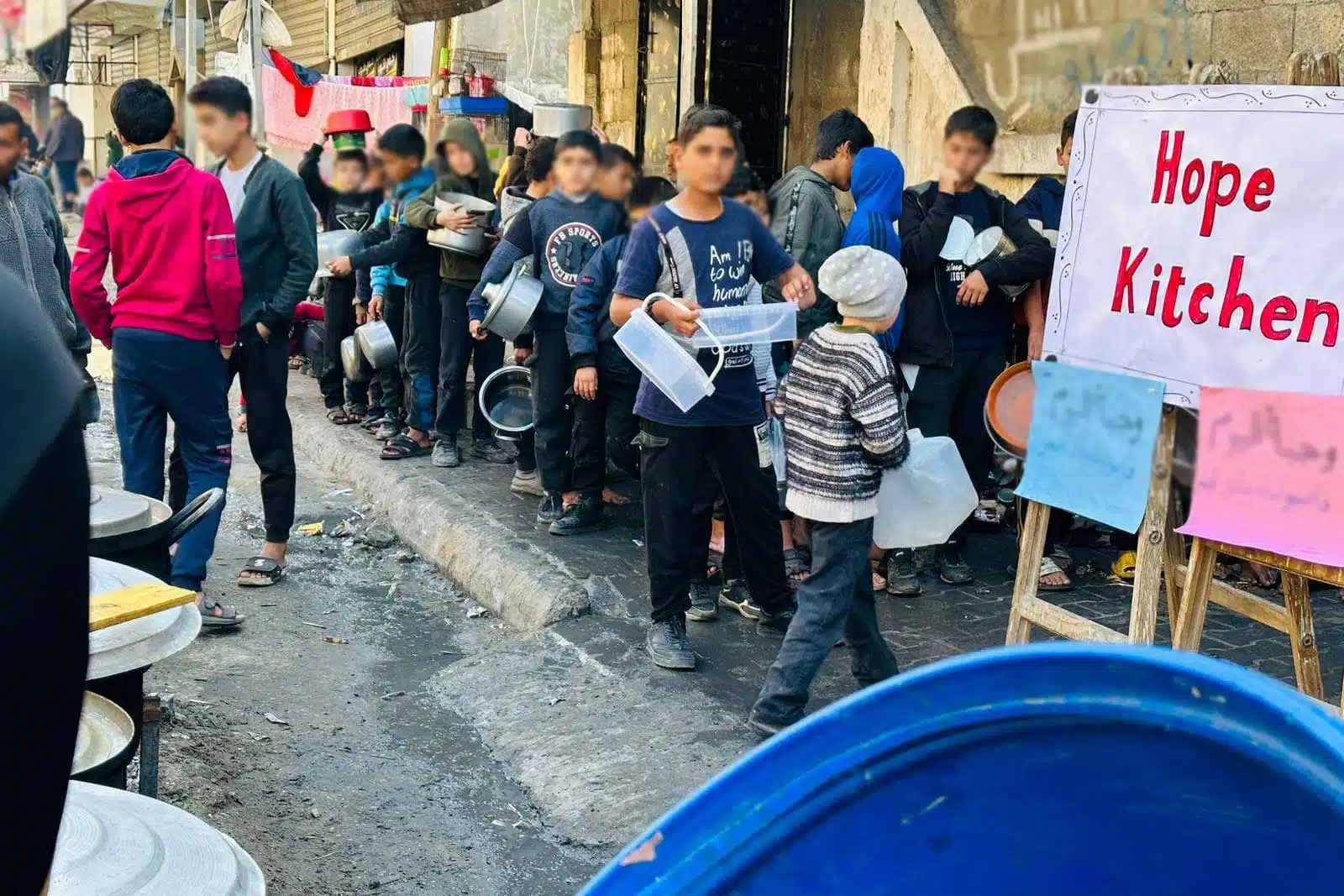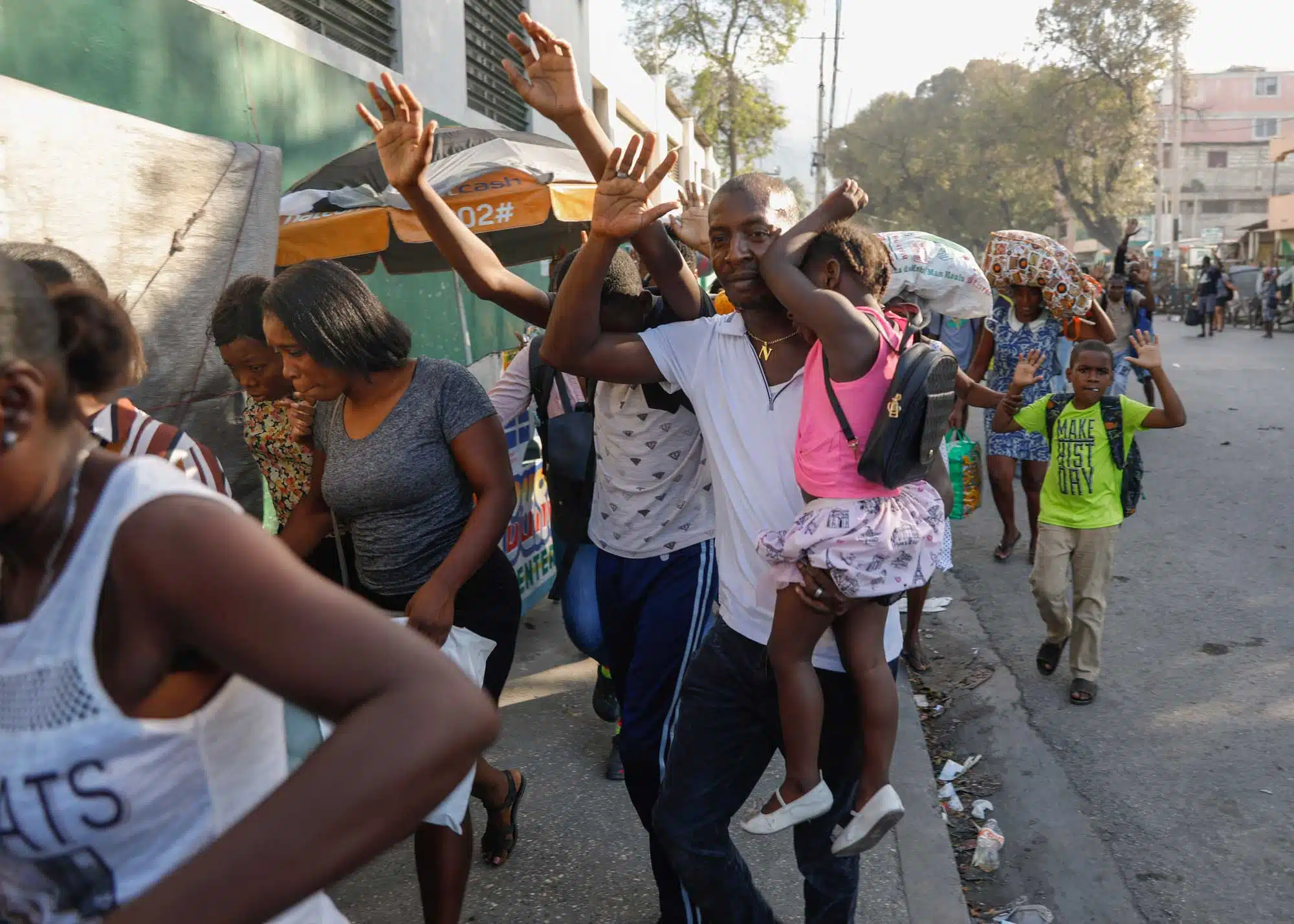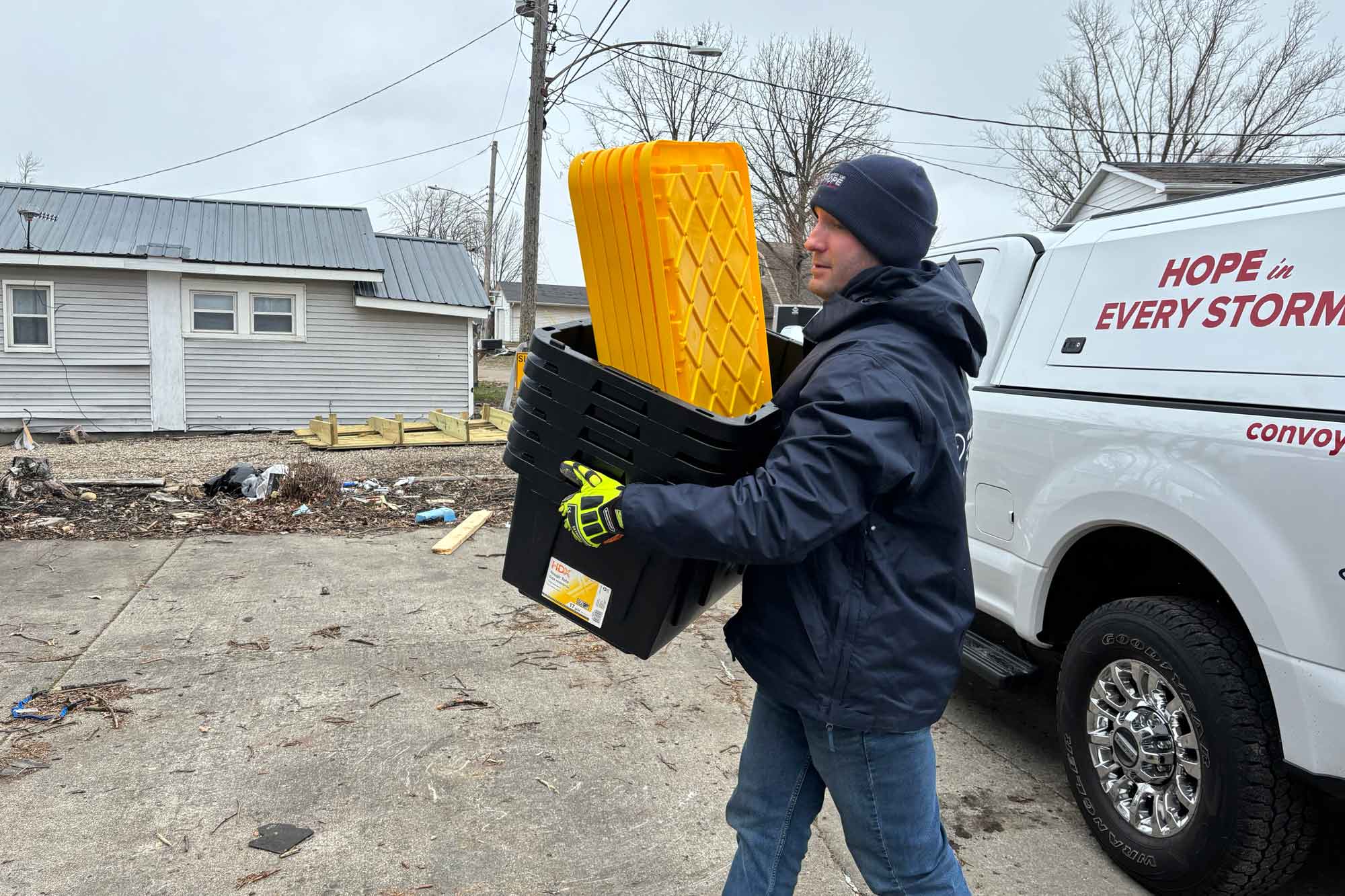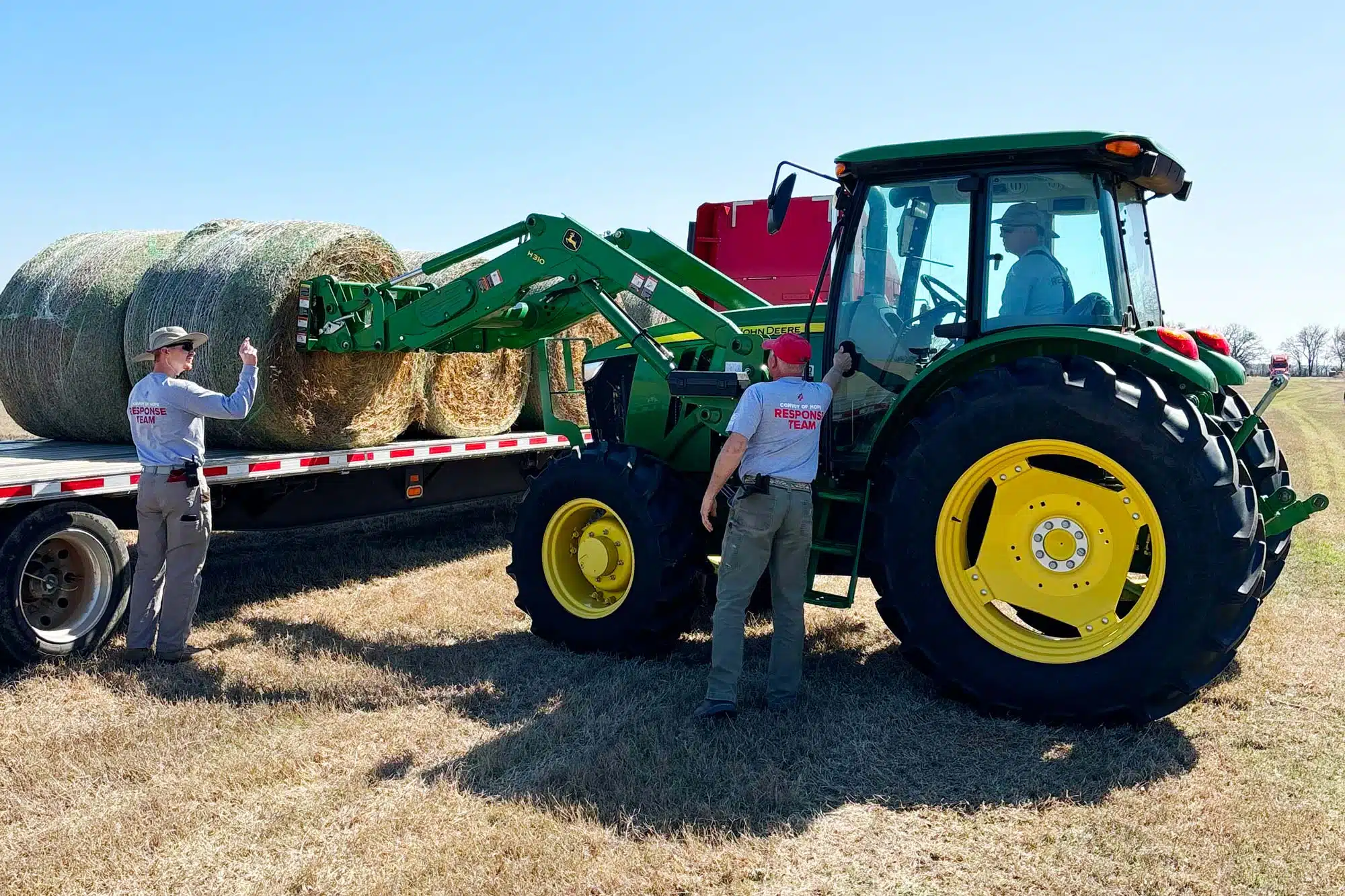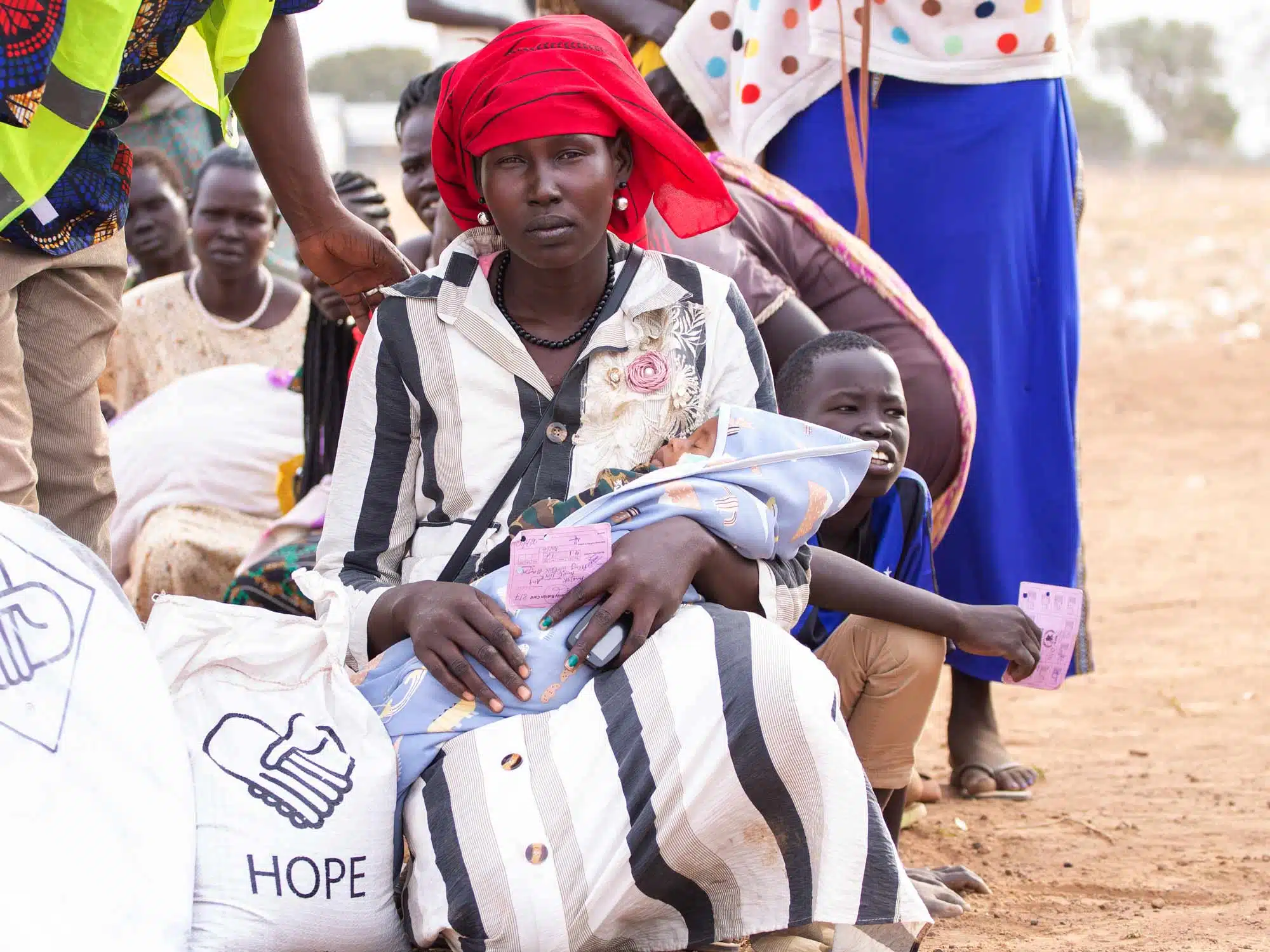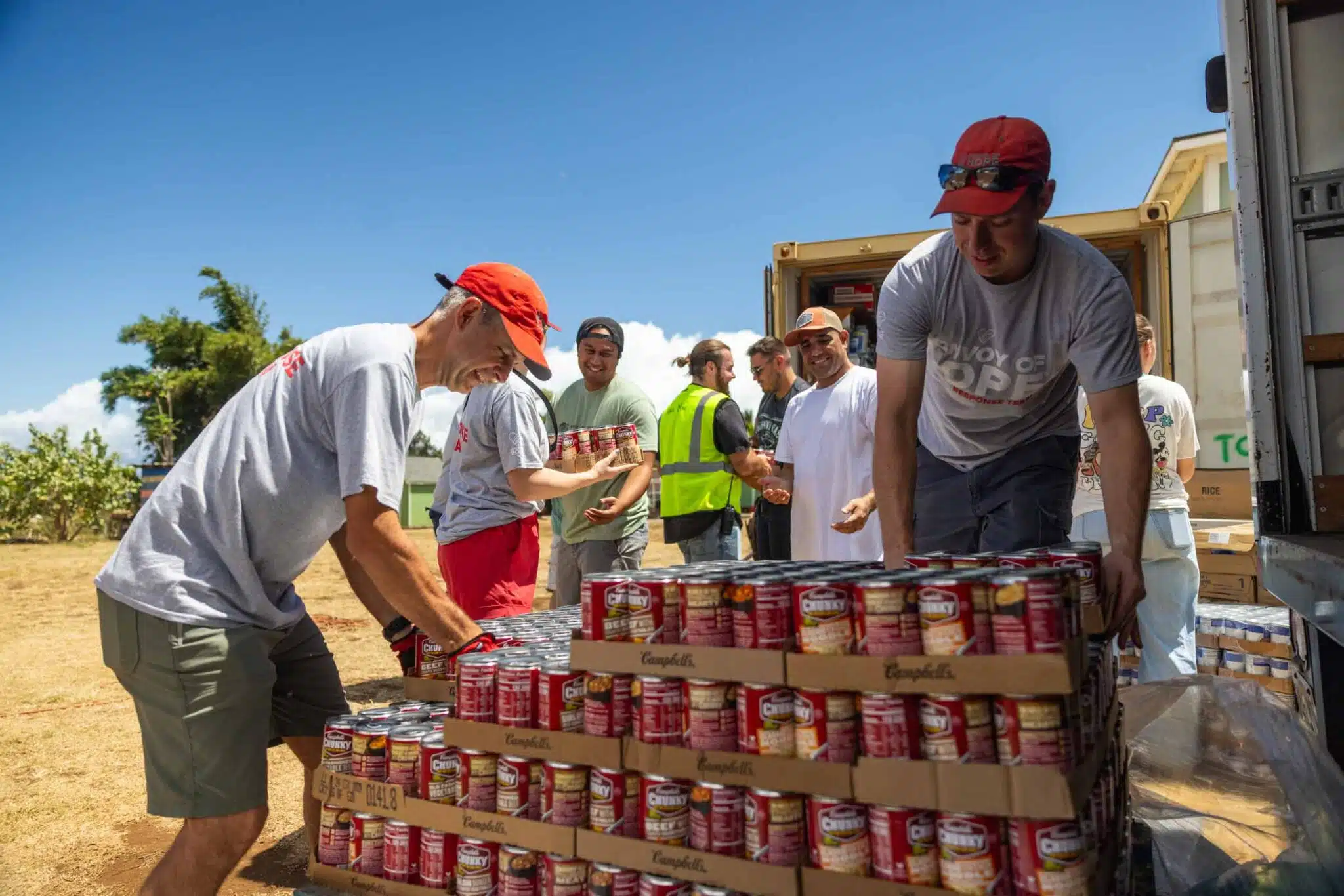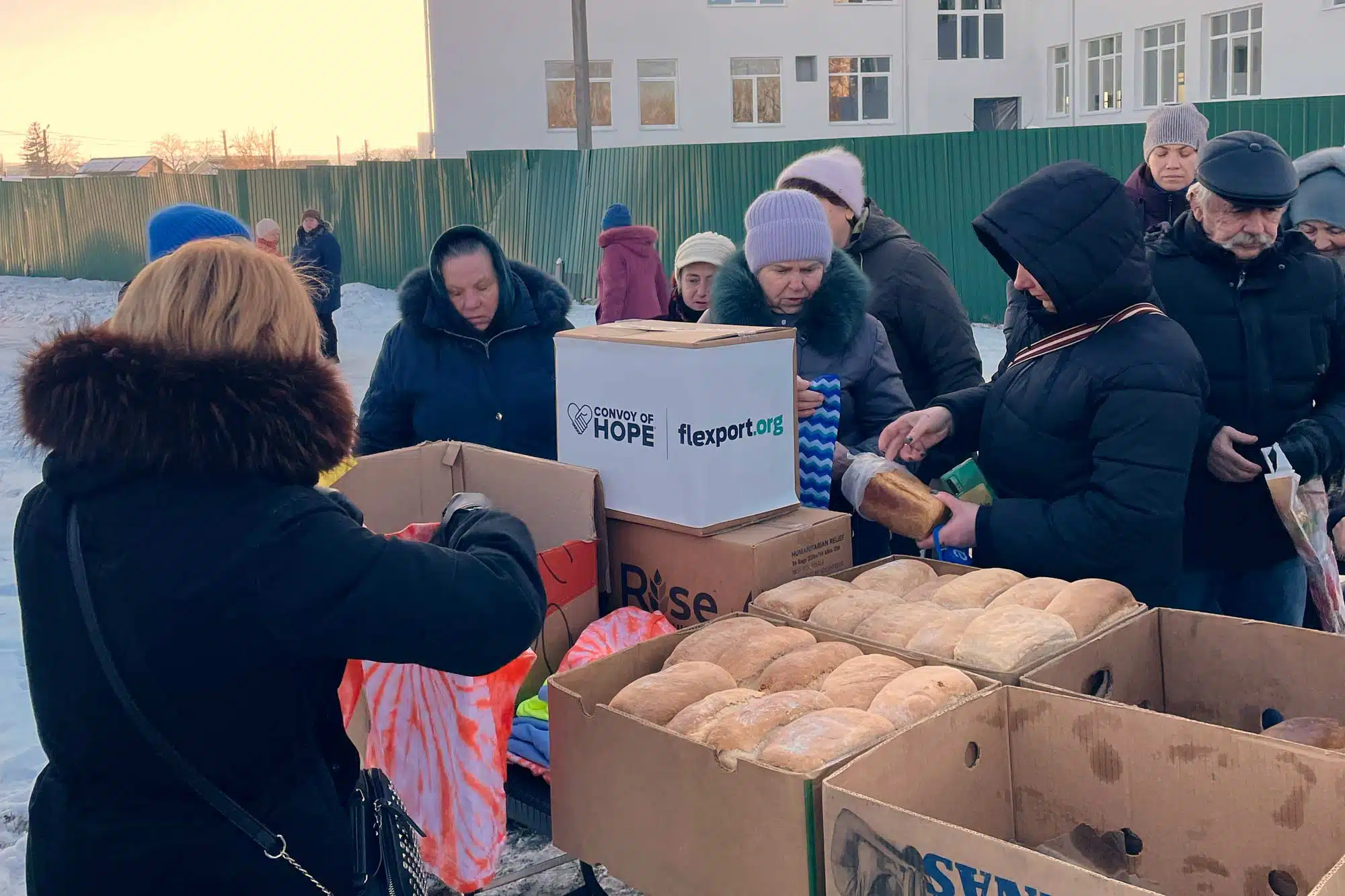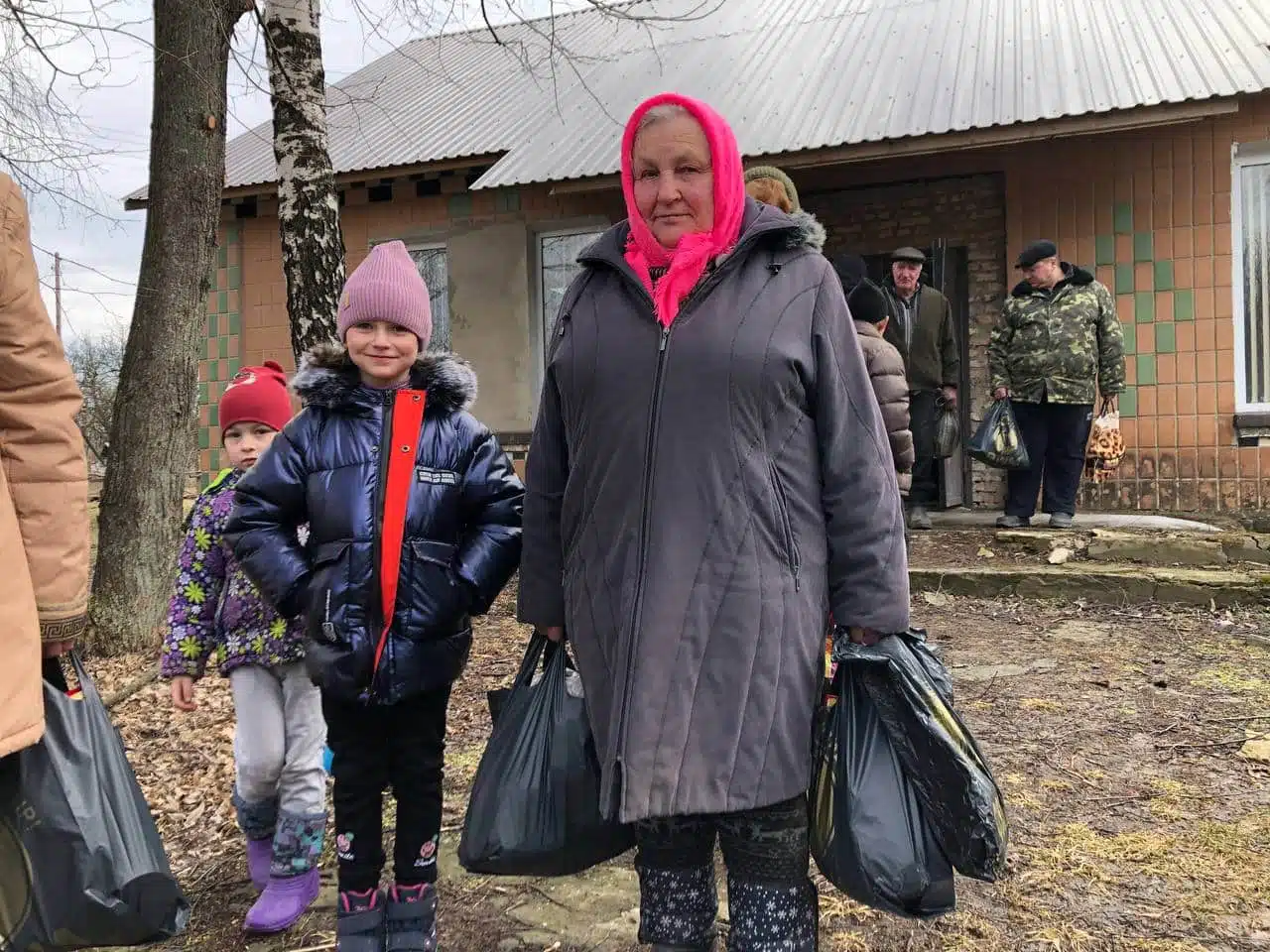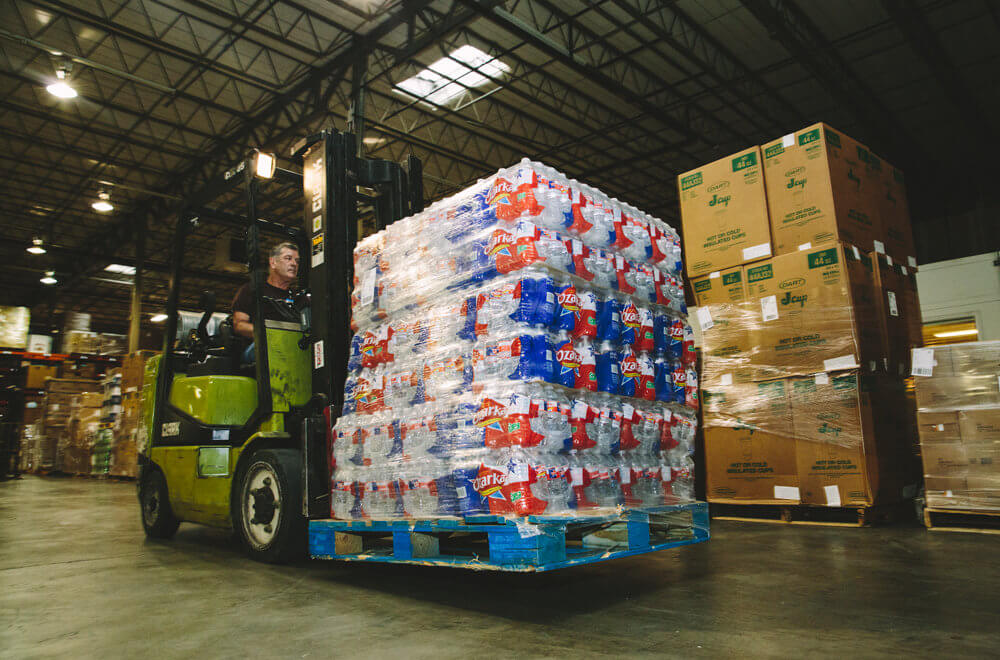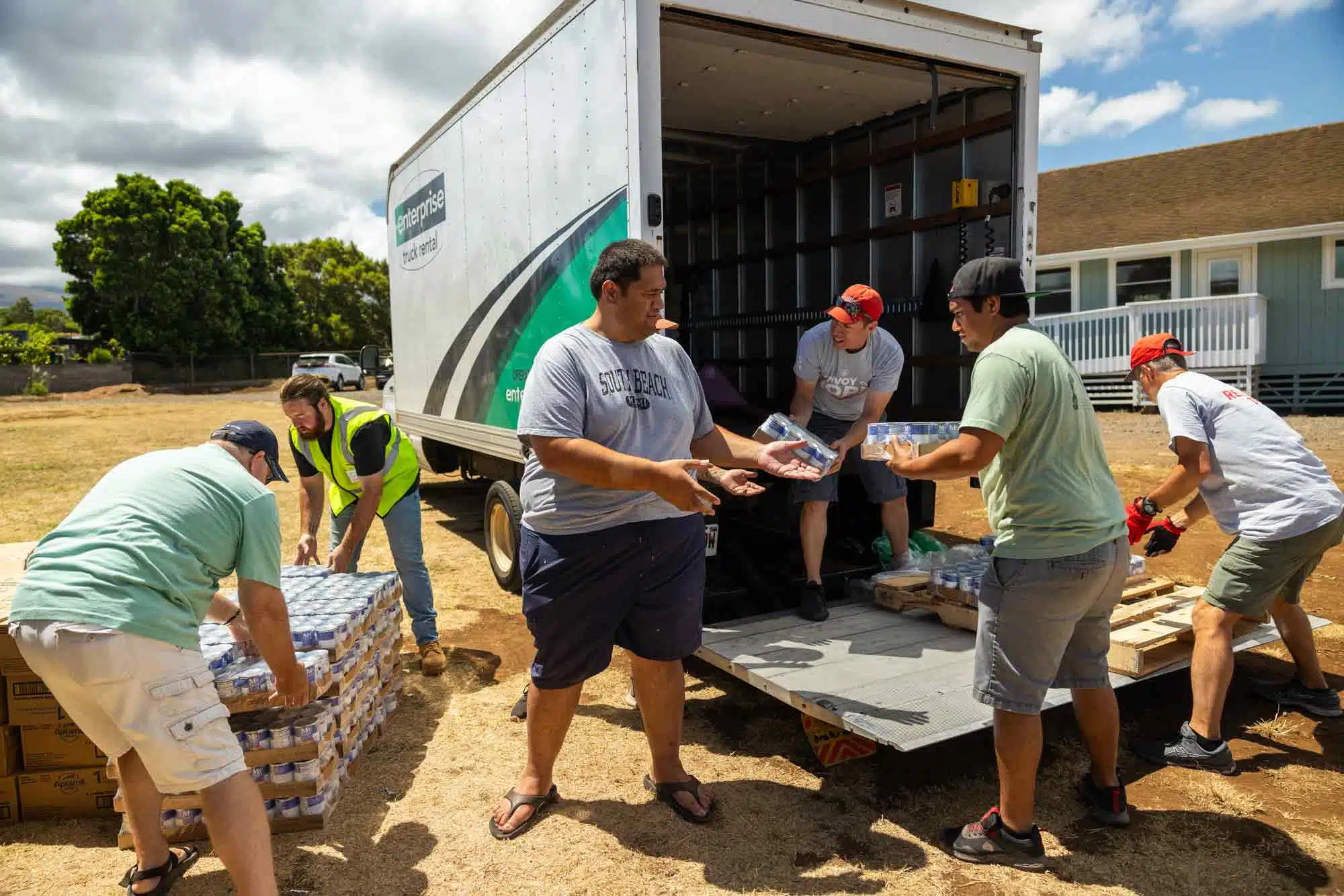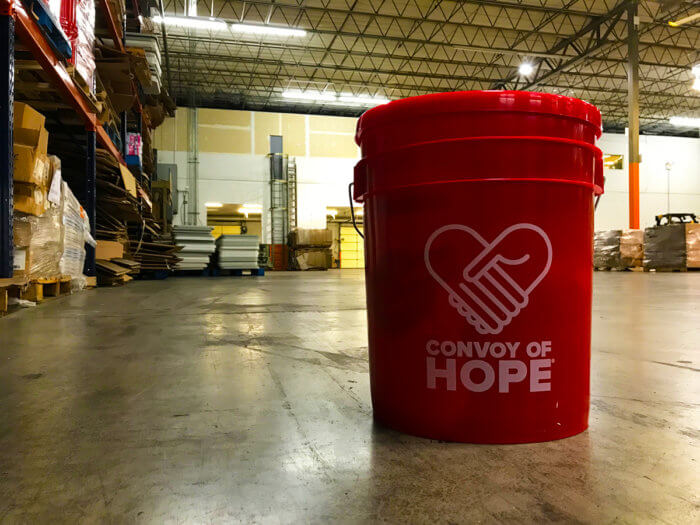
Being prepared for a disaster is important, but often it can seem overwhelming. Insurance information is complicated, buying supplies for a full-fledged emergency kit can become expensive, and frankly, the thought of what would happen if you face a disaster can be mentally and emotionally draining. There are important steps to take over time, but you can start small with the easy tips below for preparation.
1. Download a news or weather app from your local news station.
If a disaster is on it’s way, you’ll want to know sooner rather than later. Your local news station should have an app that you can download. When you do, make sure to turn on push notifications. Doing so means you’ll be notified of important news and weather events like a disaster headed to your area.
2. Determine the safest part of your house or your neighbor’s house.
If a disaster calls for evacuation, it’s important that you do so. However, if you are not told to evacuate, you should determine the safest part of your home. During most severe storms, you want to be indoors and as low and far from windows as possible. This includes basements, first or floor bathrooms. If you live in an apartment building and don’t live on the ground floor, consider making friends with people below you. In the case of a severe storm, you can ask to take shelter with them.
3. Collect the basics.
For a list of what to include in a full-fledged emergency kit, visit ready.gov. We encourage you to start collecting these items; however, it’s a long list, and you may not be able to afford everything in one shopping trip. So, start with the basics.
- Battery powered flashlights
- External battery chargers for your cell phones
- Bottled water
- Important family documents
4. Save personal and professional emergency numbers in your phones.
If a disaster does happen, it’s important to know who to call for help. Make sure you have the following list of personal and professional phone numbers saved in your phone.
- Each member of your household
- At least one friend or family member that lives out of town and can reach family members in an emergency.
- FEMA: 1-800-621-FEMA (3362)
- Local police and fire departments
- Utilities provider
- Medical providers
- Veterinarians
- Insurance companies
If you have a life-threatening emergency, call 9-1-1. You should also mark at least one friend or family member as “ICE” (In Case of Emergency) in your phone’s contacts. This will help emergency responders know who to contact on your behalf if there is a need.
You can learn more about how Convoy of Hope prepares for and responds to disasters in the video below and by clicking here.
